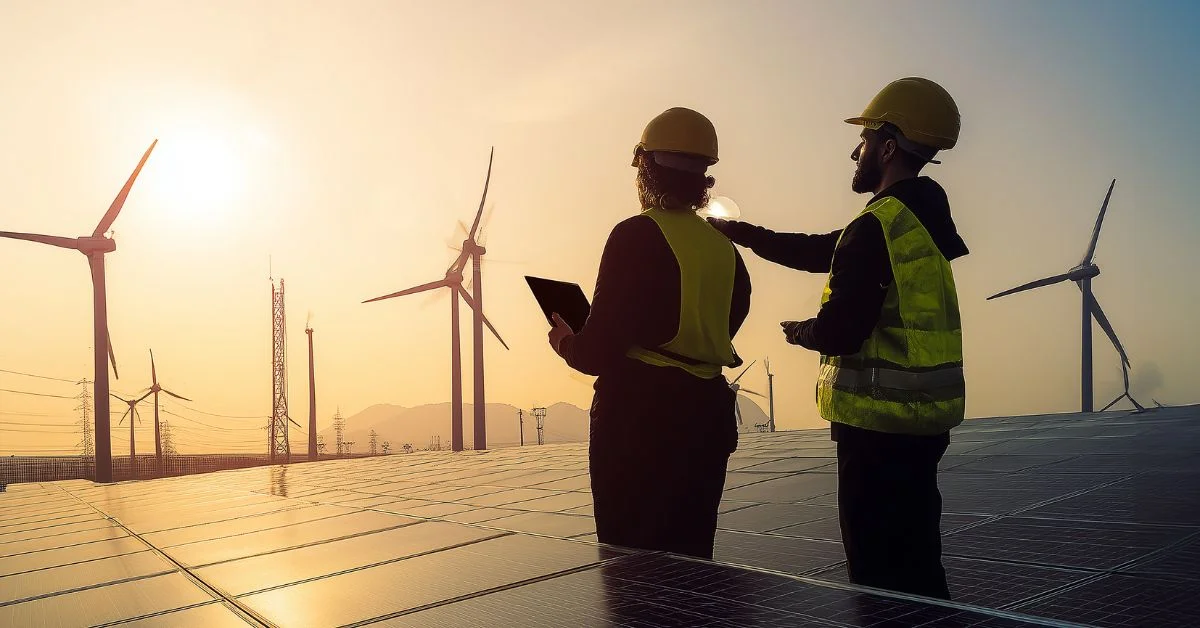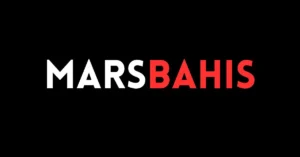In the expanding landscape of India’s infrastructure boom, Indus Engineers has emerged as a notable force, blending legacy engineering principles with modern technology. Whether you’re a student, investor, contractor, or policymaker, understanding how Indus Engineers operates offers insight into how regional engineering firms can scale nationally without compromising quality or sustainability.
From civil and structural engineering to turnkey project management, Indus Engineers represents the new age of infrastructure design in India — agile, data-driven, and environmentally aware. In this comprehensive exploration, we unpack the origins, expertise, ongoing projects, and future outlook of Indus Engineers — an entity not just constructing buildings, but building the future.
Origins and Establishment
Indus Engineers was founded in the early 2000s by a group of civil engineers who envisioned creating a firm that could bridge the gap between traditional civil practices and emerging technological trends. At a time when India’s Tier-2 and Tier-3 cities were undergoing transformation, the demand for agile infrastructure players was high.
The founding team drew from both domestic and international engineering expertise, with early projects focused on water management systems and municipal drainage frameworks — less glamorous, but foundational to urban development.
Their first major breakthrough came when they partnered with a regional government to implement smart irrigation systems in drought-prone districts of Maharashtra. This project not only improved agricultural output but also cemented Indus Engineers’ reputation as problem-solvers rooted in practical science.
READ MORE: Crypto30x.com ASX: AI-Powered Insight for Blockchain Stock Investors
Core Areas of Expertise
Today, Indus Engineers operates in multiple verticals:
1. Civil and Structural Engineering
From bridges and tunnels to high-rise buildings, their structural engineering unit uses modern CAD tools, seismic design principles, and 3D BIM modeling to simulate and optimize project performance before a single brick is laid.
2. Environmental Engineering
In an era where sustainability is not optional, Indus Engineers integrates green building principles, LEED certifications, and energy-efficient systems into most of its urban planning projects.
3. Water Resource Management
Specializing in irrigation design, water harvesting, and canal restoration, the firm’s early reputation in hydraulic systems remains strong. Their work in Rajasthan and parts of Telangana is credited with reversing water scarcity trends.
4. Transport and Infrastructure
The company now bids for and delivers state and national highway projects. Through geo-mapping and traffic flow simulation, Indus Engineers reduces cost overruns and enhances safety in transport engineering.
5. Project Management Consulting (PMC)
Clients often rely on Indus not just for blueprints, but for full life-cycle project oversight. Their PMC vertical handles compliance, vendor management, budgeting, and risk mitigation with digital dashboards for real-time updates.
Notable Projects in the Past Five Years
Here are some high-impact projects that showcase the firm’s broad skill set:
A. Smart Highway Corridor in Karnataka
Spanning over 200 kilometers, this multi-lane highway integrates solar lighting, water-runoff recycling, and real-time traffic monitoring.
B. Industrial Township Planning in Gujarat
In partnership with a foreign investor, Indus Engineers developed a township optimized for logistics companies — featuring underground utilities, zoned planning, and drone-accessible cargo bays.
C. Riverfront Rejuvenation in Punjab
Beyond civil engineering, this initiative involved working with ecologists, hydrologists, and urban artists to create green walkways, amphitheaters, and flood-control features.
Technology Integration
Where many legacy firms falter in digitization, Indus Engineers has embraced it:
- 3D Laser Scanning for retrofitting heritage structures.
- BIM (Building Information Modeling) for collaborative design across teams.
- AI Predictive Models to estimate material degradation timelines and optimize maintenance budgets.
- Drones for site surveys, especially in hard-to-access hilly terrains.
Their tech-forward approach is not about replacing engineers but empowering them with better decision-making tools.
Workforce and Talent Strategy
Indus Engineers employs a team of over 1,500 people, including structural analysts, geotechnical engineers, environmental consultants, and software developers. Recruitment is not limited to IITs or NITs. Instead, they’ve created a proprietary internal training academy that turns promising graduates from state colleges into project-ready professionals.
Their internal upskilling program — “Indus Ignite” — runs six-month cycles and includes hands-on site rotations, software training, and mentoring from senior engineers.
Commitment to Sustainability
In line with India’s 2070 Net Zero targets, Indus Engineers has made sustainability a core KPI for every project:
- Use of Recycled Materials: Especially in urban housing and low-income developments.
- Rainwater Harvesting: Standard in every residential or institutional project.
- Energy Modeling: To predict energy usage and optimize HVAC systems before construction begins.
They’ve also pledged that by 2030, 50% of their projects will be LEED- or GRIHA-certified.
Challenges and Strategic Shifts
Despite their growth, Indus Engineers faces several challenges:
- Regulatory Delays in large public projects.
- Labor Shortages in specialized skills like tunnel boring or geothermal systems.
- Land Acquisition Issues especially in semi-urban and tribal zones.
To counter these, the company has diversified its project locations, invested in prefabrication, and formed joint ventures with firms in Europe and Southeast Asia.
The Road Ahead: What’s Next for Indus Engineers
As India prepares for a decade of hyper-urbanization, Indus Engineers is strategically shifting toward:
- Smart Cities Development: Integrating IoT sensors, EV charging grids, and waste segregation systems.
- Affordable Housing: Modular design and fast build technologies for scalable urban housing.
- International Expansion: Bidding for projects in East Africa and Southeast Asia, especially in water and road infrastructure.
They’re also investing in carbon capture research and exploring net-zero industrial parks, pushing the boundaries of what an Indian engineering firm can envision and execute.
How Indus Engineers Differ from Competitors
What sets Indus Engineers apart is not scale, but adaptability:
- Client-Centric Reporting: Weekly visual dashboards.
- Custom Design Approach: Instead of templated solutions, every project begins with site-specific research.
- Open Innovation Policy: They often invite startups to collaborate on modules of complex projects.
In an industry often known for being rigid and slow, Indus Engineers exemplifies responsive engineering.
Final Thoughts
Indus Engineers is more than just an engineering firm; it’s a symbol of how Indian ingenuity, when coupled with global best practices, can lead to efficient, inclusive, and futuristic infrastructure. As India steps into a new phase of development — spanning bullet trains, green cities, and digital utilities — the demand for firms like Indus Engineers will only grow.
In an era where engineering must be as much about sustainability as it is about strength, Indus Engineers stands out by designing infrastructure not just for today, but for generations ahead.
Frequently Asked Questions (FAQs)
1. What does Indus Engineers specialize in?
Indus Engineers specializes in civil, structural, environmental, and infrastructure engineering — with a strong focus on sustainability and technology integration.
2. Is Indus Engineers involved in government projects?
Yes. They have worked on multiple state and central government projects, including highways, irrigation systems, and smart city components.
3. How is Indus Engineers different from other engineering firms?
Their emphasis on digital tools, sustainable design, and customized project solutions sets them apart from many conventional firms.
4. Can graduates apply for jobs at Indus Engineers?
Yes. The company runs a robust training program, “Indus Ignite,” that prepares fresh graduates from diverse backgrounds for field and design roles.
5. Does Indus Engineers operate internationally?
They are currently exploring opportunities in East Africa and Southeast Asia, especially in water and transport infrastructure sectors.









